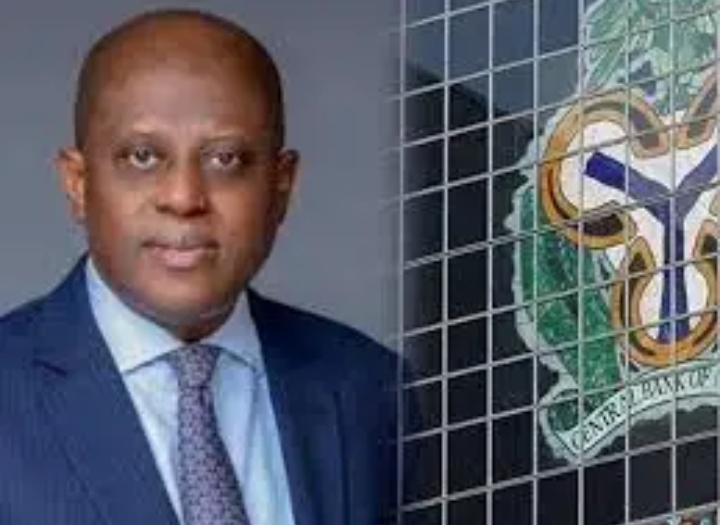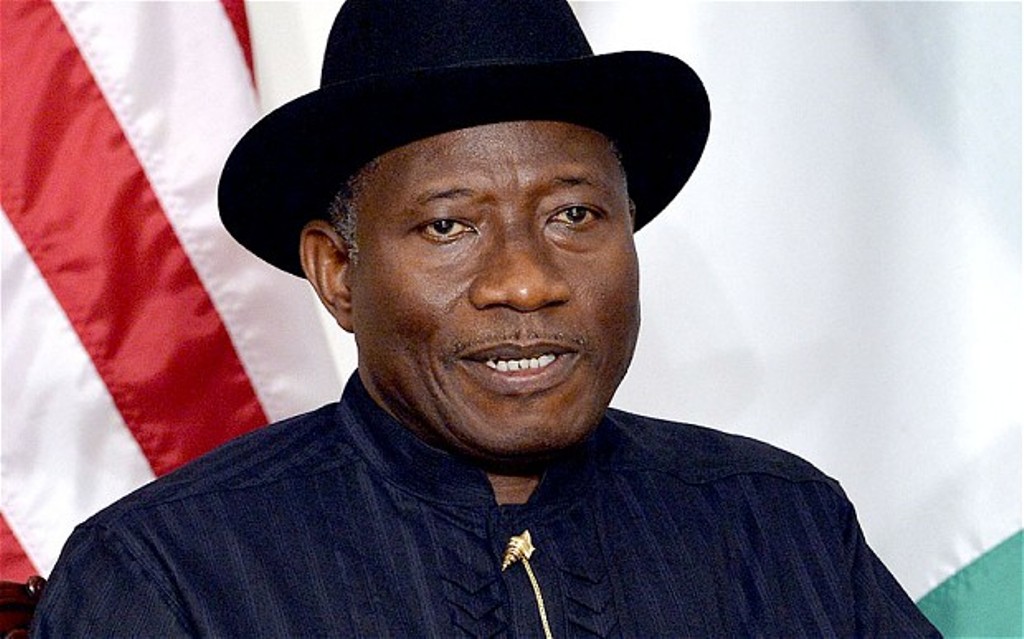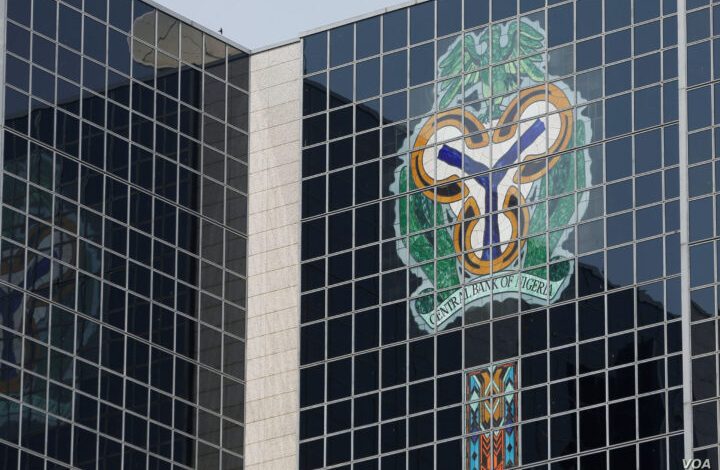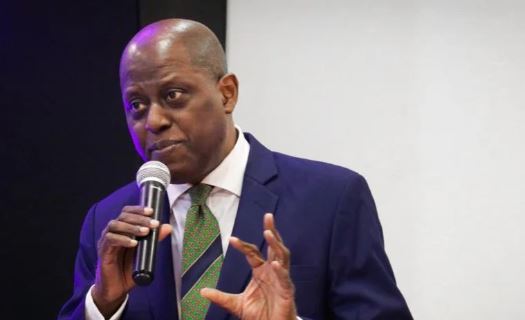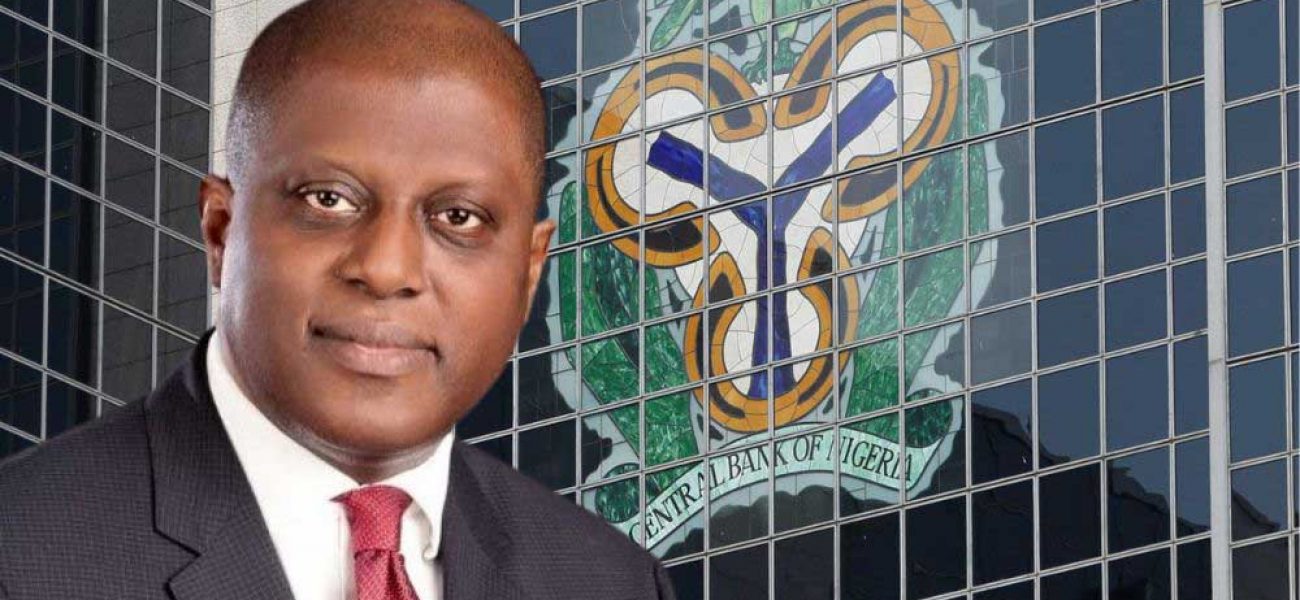Governor of the Central Bank of Nigeria (CBN), Mr Yemi Cardoso, says the apex bank’s decision to implement the Electronic Foreign Exchange Matching System (EFEMS) is to ensure trust.
According to a statement by CBN’s Acting Director, Corporate Communications Department, Mrs Hakama Sidi-Ali, Cardoso said this while addressing members of the Harvard Club of Nigeria in Lagos at the weekend.
Speaking on the topic: “Leadership in Challenging Times: Restoring Credibility, Building Trust, and Containing Inflation”, Cardoso said that the decision was rooted in the understanding that trust was essential to central banking.
He said that the move was to enhance transparency and provide more accurate oversight of foreign exchange transactions. According to him, trust is the currency of central banking.
“If the public loses trust in the institution, the efficacy of its policies diminishes. Our decision to implement the EFEMS is rooted in this understanding.
“By enhancing transparency and providing more accurate oversight of forex transactions, we send a strong signal that the CBN is serious about fair and efficient markets,” he said.
Cardoso, who marks one year in office as CBN governor this week, said that leadership, especially as the head of a central bank, often required making difficult and sometimes unpopular decisions.
He said that the CBN was a listening institution, unafraid to reconsider decisions if they failed to meet its original objectives.
“In the face of economic challenges, it is imperative to focus on core objective of restoring the credibility of the institution, building trust in the financial system, and, most critically, containing inflation. These are not just strategic goals; they are foundational to any meaningful recovery,” he said.
Cardoso said that upon assumption of duty, he understood that the credibility of the CBN had to be the bedrock of the actions he and his team took. According to him, without credibility, no policy, however, well-intentioned, can succeed.
“Floating the Naira, a decision met with considerable public criticism, was necessary to bring the official exchange rate closer to market reality. The disparity between the official and parallel rates had encouraged arbitrage and speculation, eroding trust in the market.
“Credibility is earned by consistency. The decision to close this gap, while painful in the short term, sent a message to market participants that the CBN was committed to transparency and sound monetary policy,” he said.
He said that speculative trading had been reduced, and stability was gradually returning to the currency markets. He said that containing inflation remained the CBN’s core mission, adding that it was yet to meet its target.
Cardoso, however, said that recent declines reported by the National Bureau of Statistics (NBS) in July and August showed that the CBN was moving in the right direction.
“Our decision to raise the Monetary Policy Rate (MPR) to 27.25 per cent was a bold move. Higher interest rates, while painful for borrowers, are necessary to curb excess money in circulation and control inflation. Leadership is about making hard choices to secure long-term stability over short-term comfort in moments like these,” he said.
He said that leading through challenging times meant avoiding the temptation to take on too many initiatives. According to him, the CBN must focus on its core mandate of price stability.
”It is easy to become distracted by various political and economic pressures, but as a leader, one must prioritise. Effective communication is as important as the right policy. Clear and open communication fosters trust.
“From publishing the results of the Dutch Auction to ensuring regular updates on economic data, transparency has been our guiding principle. Trust is built on the belief that a central bank will take the necessary steps to ensure economic stability, even when those steps are uncomfortable or politically contentious,” Cardoso said.
